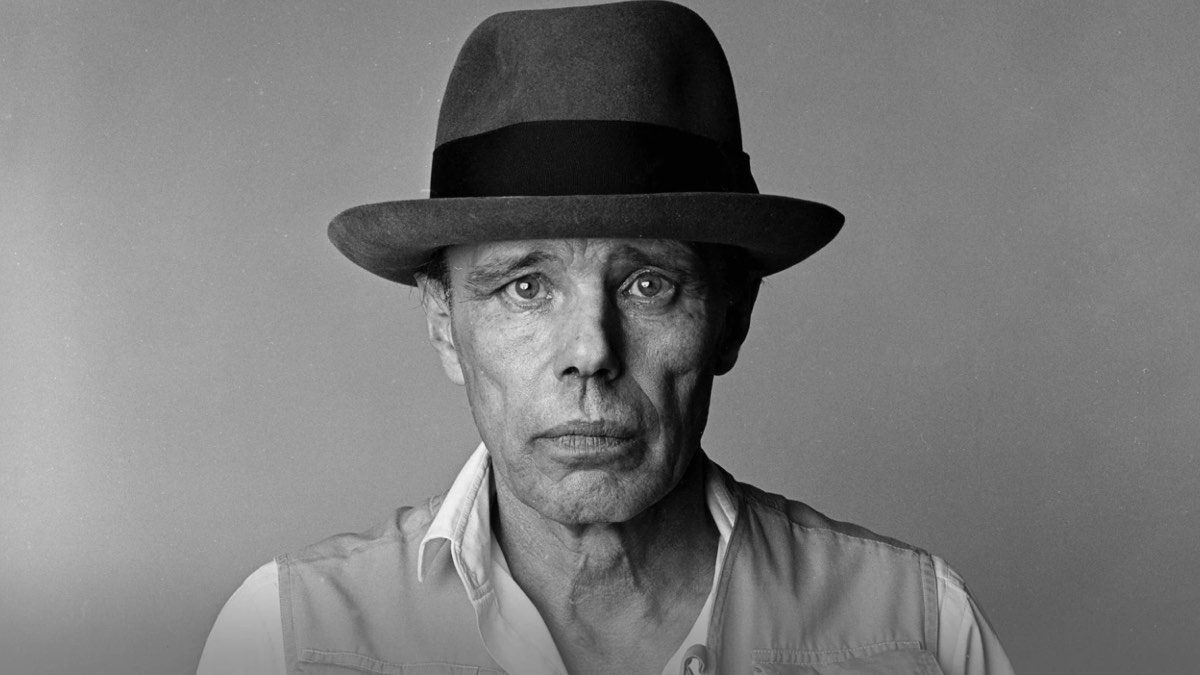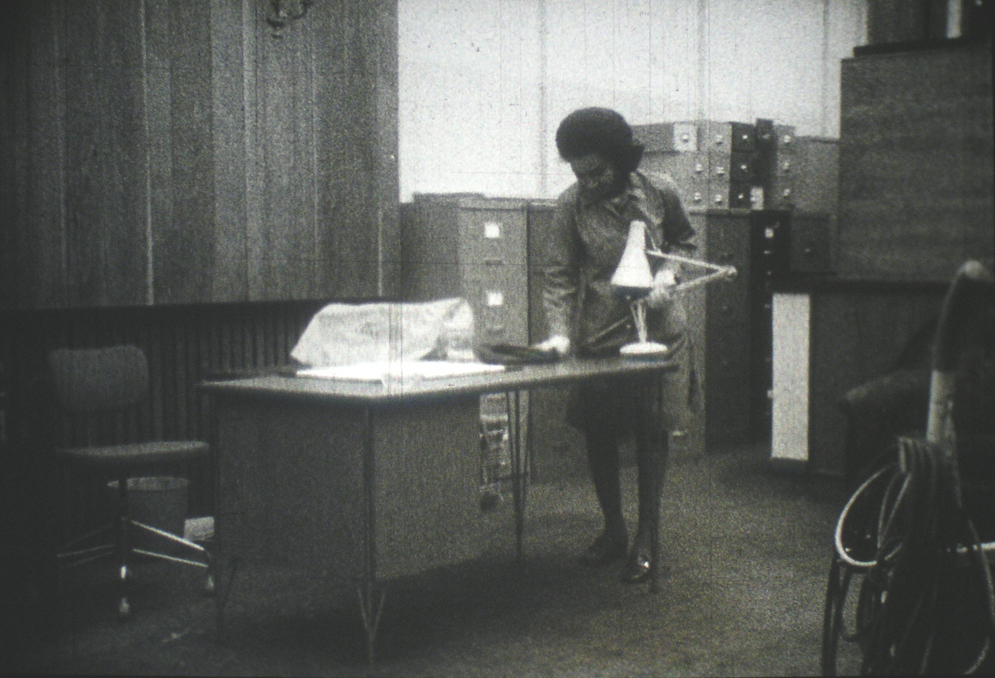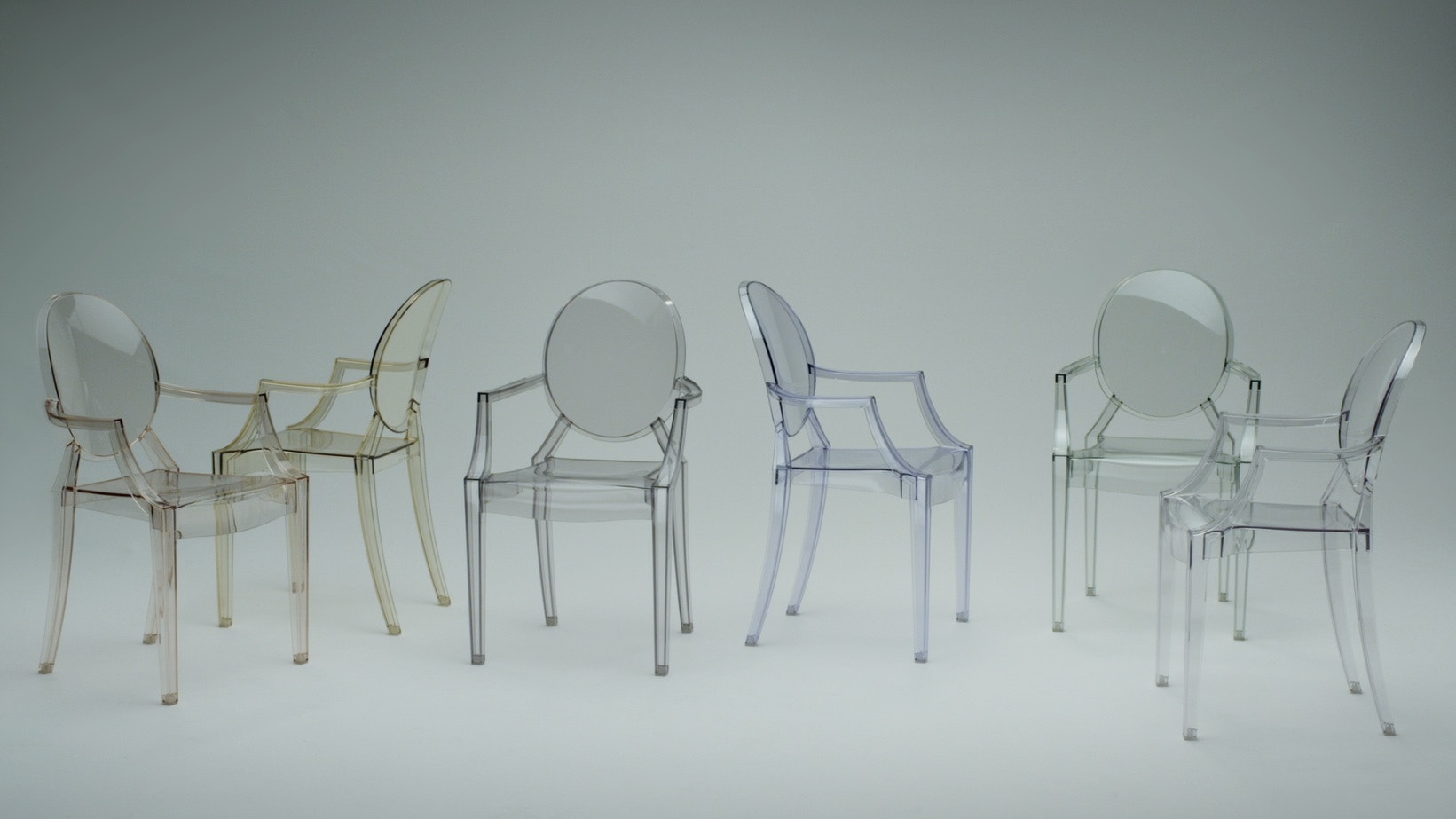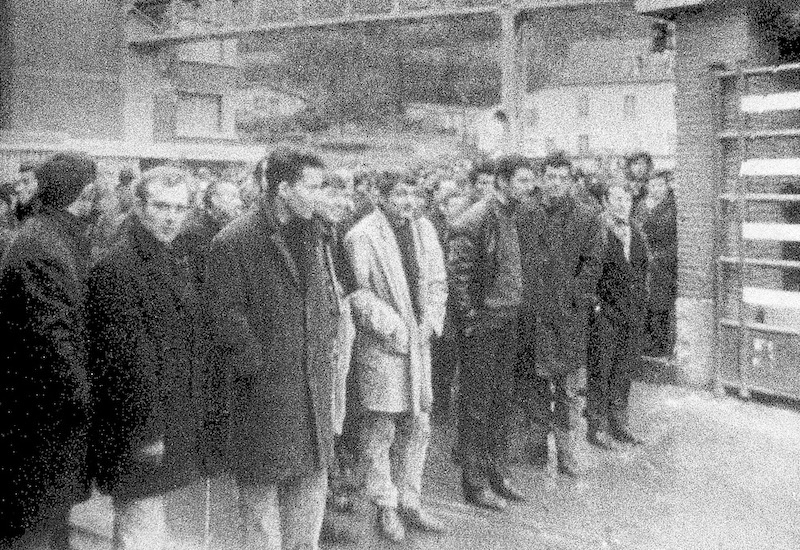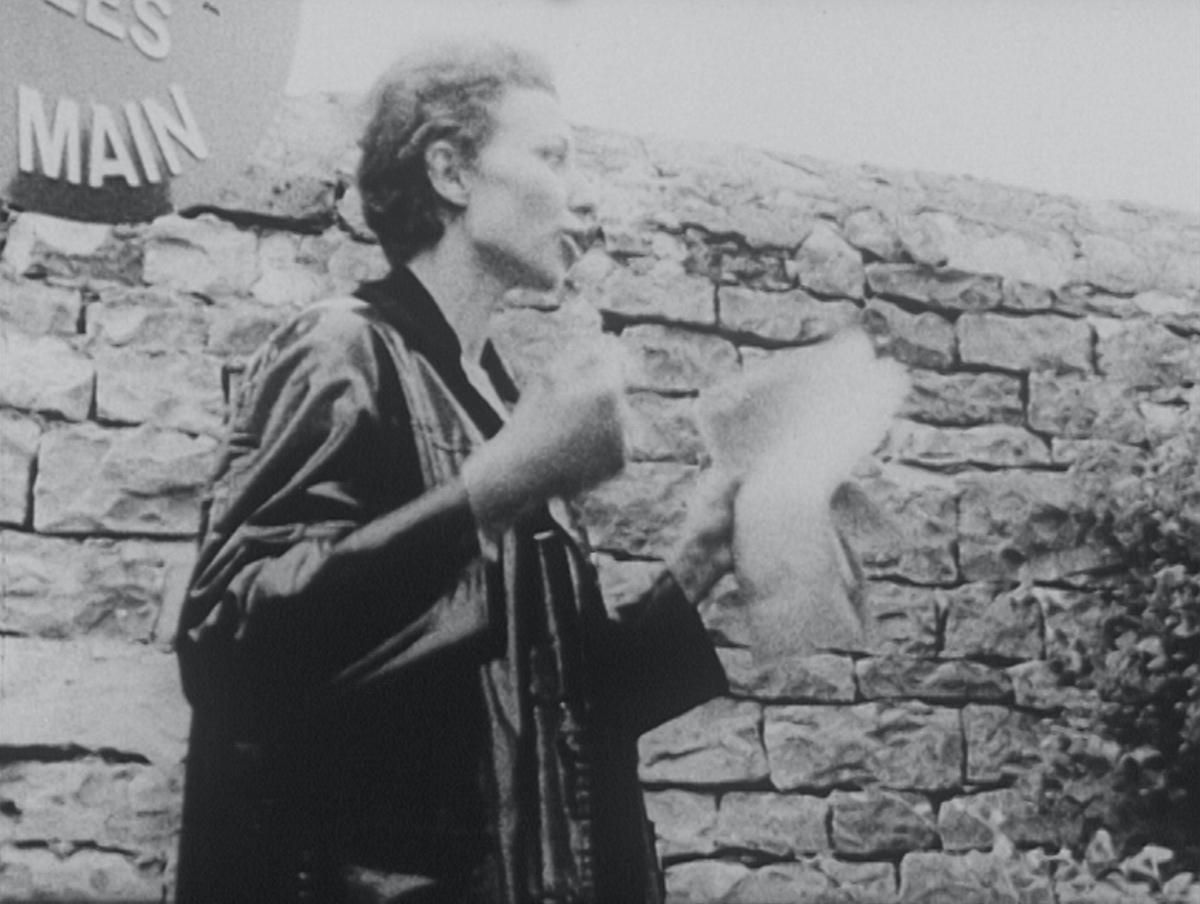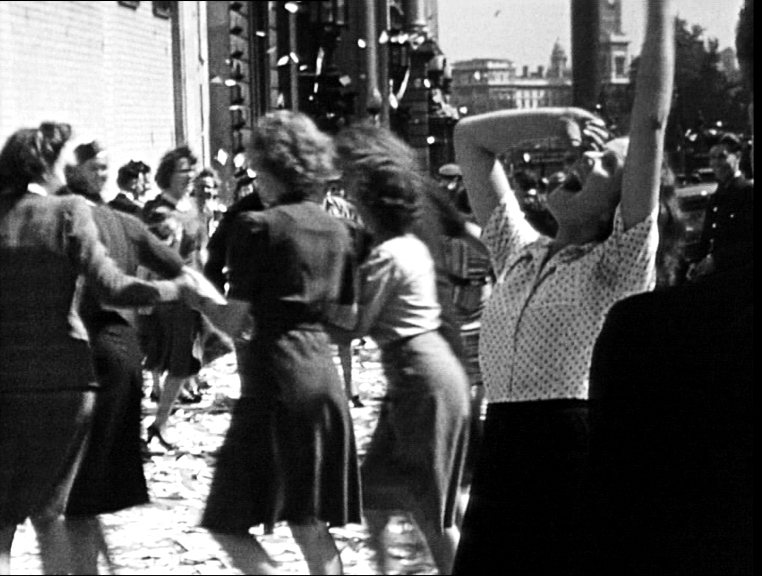Film Programme
4 OCT - 27 NOV 2013
Graves Gallery | S1 Artspace | Showroom Cinema | The Void, Sheffield
To coincide with the citywide Zero Hours exhibition programme, programme curator Joseph Cutts presents to you some of the most socially radical and cinematically provocative films from Chris Marker, Ken Loach, Berwick Street Collective and more. This programme highlights some of the most controversial and outrageous working conditions that incited rebellious formations of our recent history. We also see the view through the lens not just from the artist, but from the subject.
The works in the programme are:
ARENA PRESENTS: JOSEPH BEUYS
Christopher Swayne, Caroline Tisdall | UK | 1987 | 60 mins
Michael Maloney looks at the life and works of Joseph Beuys, one of the most prominent and controversial German artists of the past 30 years, who was a sculptor, performance artist, teacher and maverick politician, beginning his career as a Stuka pilot in the Second World War.
NIGHTCLEANERS
Berwick St Collective | UK | 1975 | 90 mins
Nightcleaners was a documentary made by members of the Berwick Street Collective (Marc Karlin , Mary Kelly, James Scott and Humphry Trevelyan), about the campaign to unionize the women who cleaned office blocks at night and who were being victimized and underpaid. Intending at the outset to make a campaign film, the Collective was forced to turn to new forms in order to represent the forces at work between the cleaners, the Cleaner’s Action Group and the unions – and the complex nature of the campaign itself. The result was an intensely self-reflexive film, which implicated both the filmmakers and the audience in the processes of precarious, invisible labour . It is increasingly recognised as a key work of the 1970s and as an important precursor, in both subject matter and form, to current political art practice.
LOUIS GHOST CHAIR
Simon Martin | UK | 2012 | 20 mins
Louis Ghost Chair continues a line of subtle and engaging moving-image works by Simon Martin that meditate on particular moments and directions in art and/or design history. At the heart of many of these oblique, discursive reflections is a specific, iconic object – an item of furniture, a sculpture, or a museum piece from a particular canon or collection.
BE SEEING YOU (À bientôt, j'espère)
Chris Marker, Mario Marret | France | 1968 | 43 mins
From 1967 to 1976 Chris Marker was a member of SLON (the "Company for the Launching of New Works"). One of several groups that emerged in those years in which filmmakers, militants, and others came together on a cooperative, parallel basis, SLON was based on the idea that cinema should not be thought of solely in terms of commerce.
1967 was also the year an important strike broke out at Rhodiaceta, a textile plant owned by the Rhone-Poulenc trust in the city of Besançon, France. The strike was unusual in character because the workers refused to disassociate the industrial conflict from a social and cultural agenda. The workers' demands concerned not only salary and job security, but also the very lifestyle imposed on them by society.
CLASS OF STRUGGLE (Classe de lutte)
The Medvedkin Group | France | 1969 | 39 Mins
In 1967, Chris Marker and Mario Marret (under the aegis of SLON) produced A bientôt j'espère, which documented a strike and factory occupation—the first in France since 1936—by textile workers at the Rhodiaceta textile plant in Besançon, the goals of which prefigured many of the demands that would come to define May 1968.
Many of the Rhodiaceta workers who had collaborated with Marker and Marret on the film were unhappy with the final production. In response, Marker and other SLON filmmakers reorganized their efforts to begin training workers to collaboratively produce their own films under the name "The Medvedkin Group", after the Russian filmmaker Marker would later memorialize in The Last Bolshevik.
"One of the most radical films produced in an era defined by radicalism, Class of Struggle reflects this will to liberation."
THE SPIRIT OF ‘45
Ken Loach | UK | 2013 | 90 mins
1945 was a pivotal year in British history. The unity that carried Britain through the war allied to the bitter memories of the inter-war years led to a vision of a better society. The spirit of the age was to be our brother’s and our sister’s keeper. Director Ken Loach has used film from Britain’s regional and national archives, alongside sound recordings and contemporary interviews, to create a rich political and social narrative. The Spirit of ’45 hopes to illuminate and celebrate a period of unprecedented community spirit in the UK, the impact of which endured for many years and which may yet be rediscovered today.

Film still - 'Arena Presents: Joseph Beuys' (1987)
